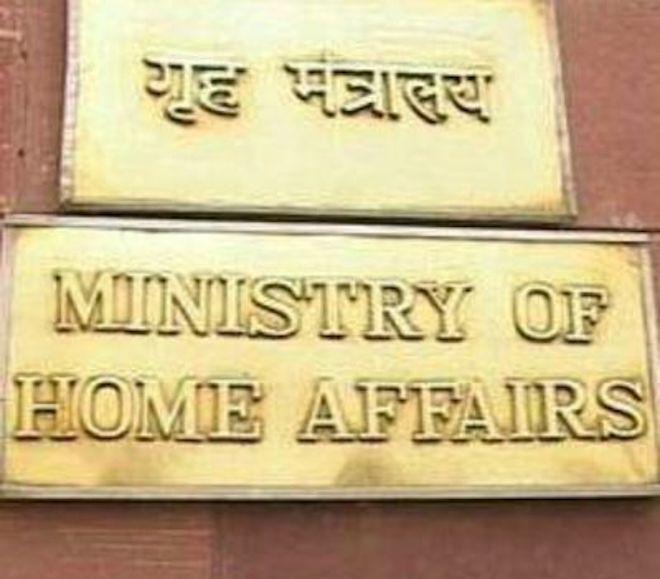THE Union Home Ministry’s decision to give more powers to the J&K Lieutenant Governor (L-G) by amending the transaction rules framed under the Jammu and Kashmir Reorganisation Act, 2019, has drawn criticism from the Opposition. The L-G has been empowered to take a call on matters concerning the police, public order and all-India services officers, besides grant of sanction for prosecution in various cases. The Centre has claimed that the rules have been amended to clearly define and delineate the powers of the legislative Assembly and the functions of the L-G so as to enable smooth administration of the Union Territory. But the Opposition is seeing the move as an attempt to undermine the powers of an elected government. The state-turned-UT has been without an elected dispensation since 2018, when the BJP-PDP alliance fell apart.
The timing of the decision has triggered doubts and apprehensions in the backdrop of the Supreme Court’s September 30 deadline for holding the Assembly elections. Questions are also being raised about the restoration of J&K’s statehood, for which the Centre is yet to spell out a timeline despite the court’s order to expedite the process. With the security situation deteriorating in the wake of a spate of terror attacks, the government may find it tough to conduct free, fair and peaceful elections. The onus will be on the L-G to take all stakeholders along during the entire electoral process.
Repeated confrontations between the Delhi L-G and the Chief Minister have severely impacted governance in the Capital in recent years. The Centre would do well to avoid implementing such a disruptive model in J&K, whose residents affirmed their faith in democracy with an encouraging turnout in the recent Lok Sabha polls. It’s time for a new beginning for the people of the trouble-torn region. The potentially new dawn should not be marred by discord and disharmony.









